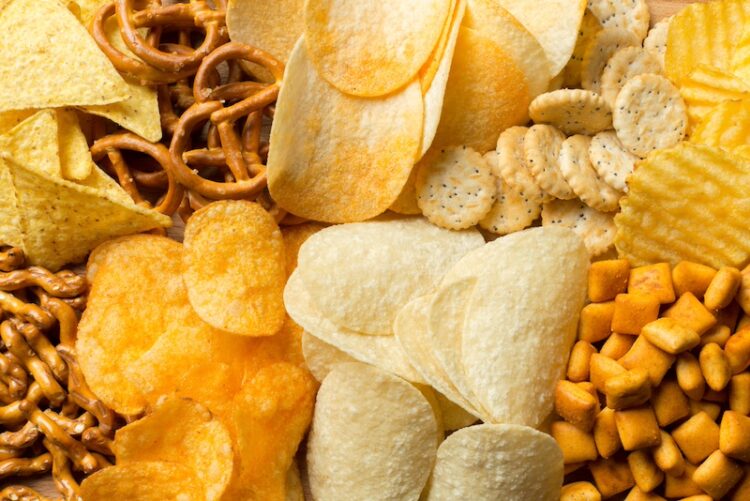
Snacking can be an enjoyable and convenient way to get a quick energy boost or satisfy hunger between meals. However, not all snacks are created equal. While some can provide valuable nutrients, others can be detrimental to your health, contributing to weight gain, poor nutrition, and other health issues. Read on as we explore 15 snacks you should avoid to maintain a healthier lifestyle.
Microwave Popcorn

Microwave popcorn can be high in unhealthy fats, artificial flavors, and excessive salt. Some brands also use chemicals in the packaging that can be harmful. Air-pop your own popcorn and season it with herbs and spices for a healthier alternative.
Fruit Snacks
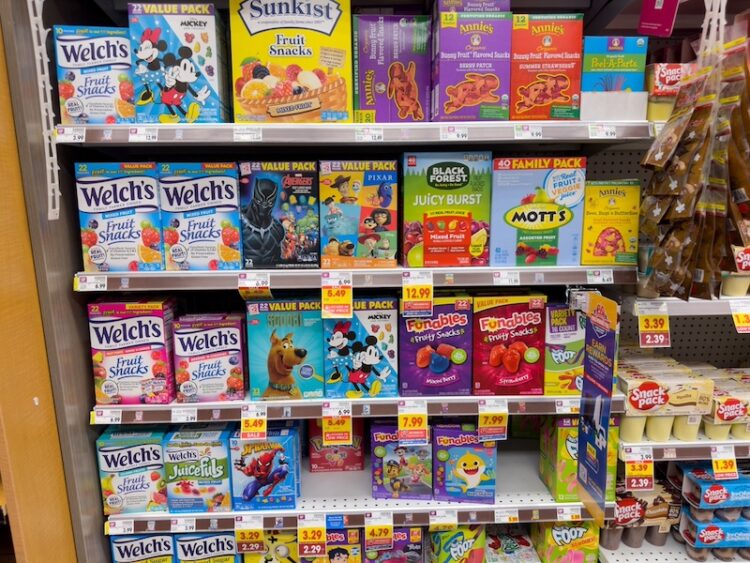
Fruit snacks marketed to children are often nothing more than sugar-laden, artificially flavored gummies. They provide little nutritional value compared to real fruit. Opt for fresh fruit or dried fruit without added sugars for a healthier option.
Packaged Trail Mix
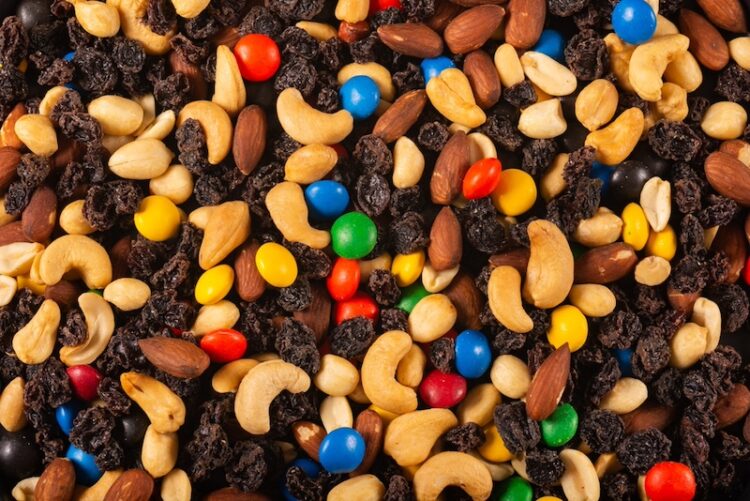
Many commercial trail mixes include sweetened dried fruits, chocolate candies, and other sugary or salty additives to enhance flavor. These additions significantly increase the calorie count and contribute to high levels of sugar and unhealthy fats, which can lead to weight gain and other health issues if consumed in large quantities.
Pretzels

Though often considered a healthier option, pretzels are high in refined carbohydrates and sodium, which can spike blood sugar levels and increase blood pressure. Whole grain crackers or nuts can provide more nutrients and longer-lasting energy.
Energy Drinks
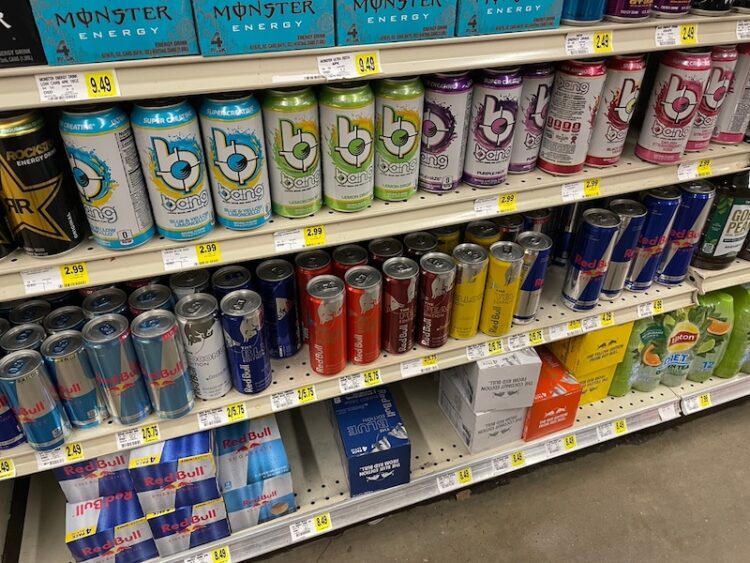
Energy drinks are full of sugars, artificial ingredients, and caffeine. They can lead to jitteriness, increased heart rate, and even heart problems if consumed excessively. Instead, hydrate with water or herbal teas, and eat whole foods for a natural energy boost.
Flavored Yogurt
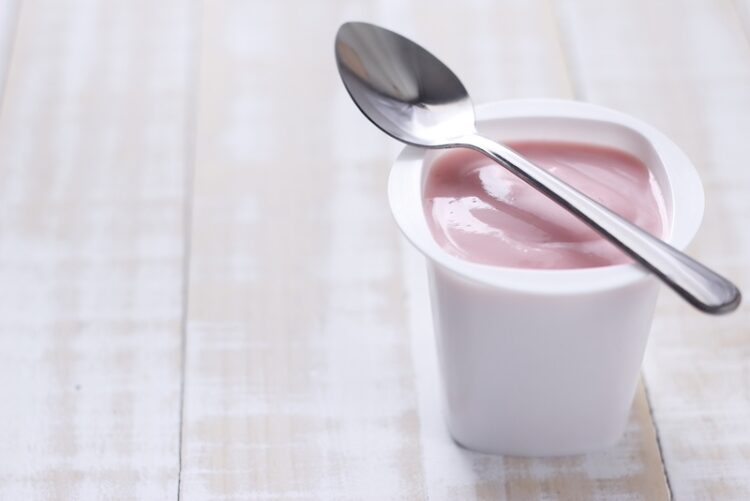
Flavored yogurt, though often marketed as a healthy choice, is generally not as nutritious as it seems due to its high levels of added sugars and artificial ingredients. These added sugars can lead to increased calorie consumption, contributing to weight gain and increased risk of metabolic conditions like type 2 diabetes.
On top of that, artificial flavors and preservatives used to enhance taste and shelf life can have adverse health effects. Plain yogurt, particularly Greek yogurt, is a healthier alternative, offering the benefits of probiotics and protein without the added sugars and artificial ingredients.
Instant Noodles
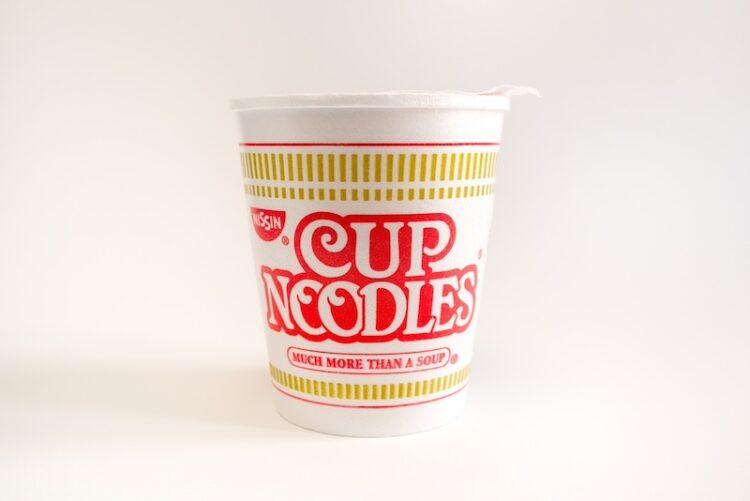
Instant noodles are convenient but are usually packed with sodium, unhealthy fats, and preservatives. They also lack significant nutritional value. A healthier option would be whole grain or vegetable-based noodles with a homemade broth and plenty of vegetables.
Muffins
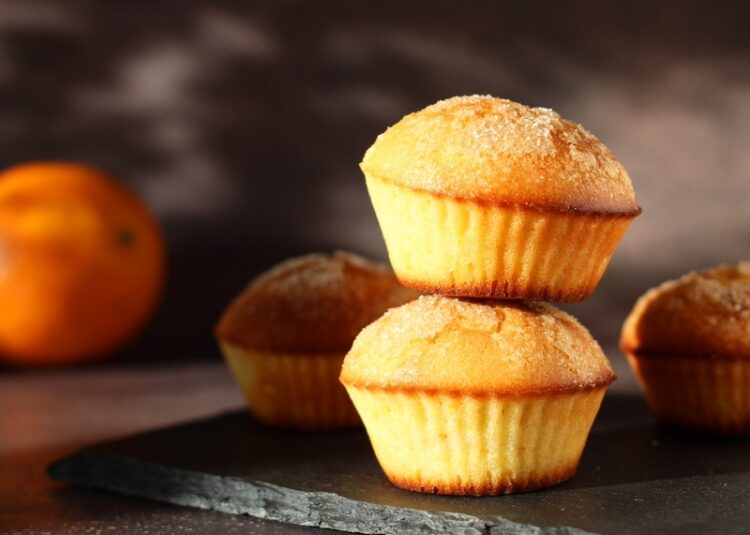
Muffins, especially those from coffee shops or stores, are often high in sugars and unhealthy fats, and can be as calorie-dense as a slice of cake. Homemade muffins using whole grains, fruits, and minimal sugar are a healthier option.
Cheese Puffs

Cheese puffs are highly processed and contain unhealthy fats, artificial colors, and flavors. They provide little nutritional value and are easy to overeat due to their light, airy texture. Cheese crisps made from real cheese or whole grain crackers with a bit of cheese are better alternatives.
Granola Bars
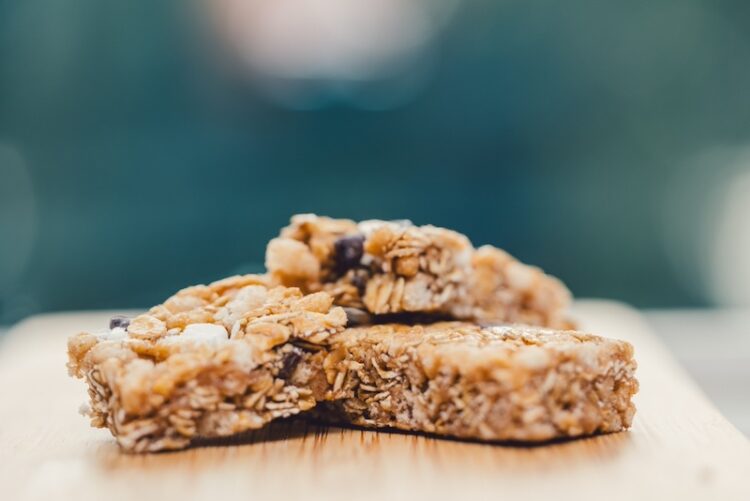
Granola bars often seem healthy but can be packed with sugars, unhealthy fats, and artificial ingredients. These bars can cause blood sugar spikes and contribute to weight gain. Homemade granola bars with natural sweeteners like honey or dates and packed with nuts and seeds are better options.
Processed Cheese

Unlike natural cheese, processed cheese often contains emulsifiers, preservatives, and artificial coloring to enhance texture and shelf life, which can have negative health impacts. The high sodium content can contribute to increased blood pressure and other cardiovascular issues. Additionally, processed cheese provides fewer nutrients and more empty calories compared to natural cheese options like cheddar, mozzarella, or Swiss.
Frozen Yogurt

Frozen yogurt is often marketed as a healthier alternative to ice cream, but it can be just as high in sugars and calories, especially when loaded with sugary toppings. Plain yogurt with fresh fruit is a healthier and just as satisfying option.
Store-Bought Smoothies

Many commercial smoothies use fruit juice concentrates or added sweeteners, which significantly increase their sugar content and reduce their nutritional value compared to homemade versions made with whole fruits.
Additionally, these smoothies can contain artificial flavors, colors, and preservatives to enhance taste and extend shelf life, which are not beneficial for your health. Homemade smoothies allow you to control the ingredients, ensuring you get a nutrient-dense, fiber-rich beverage without unnecessary additives.
Cereal Bars
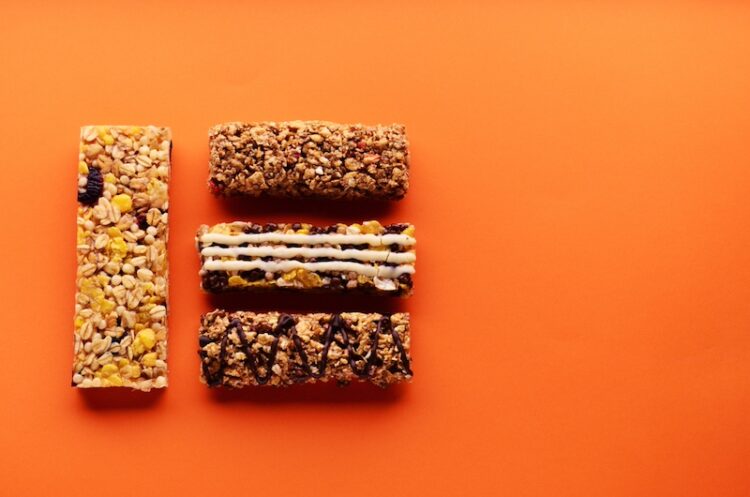
Cereal bars are often marketed as a convenient breakfast or snack option, but they can be laden with added sugars, artificial flavors, and preservatives. These bars typically lack the fiber and protein necessary to keep you full and satisfied, leading to overeating later. Consider making a homemade cereal bar with oats, nuts, and natural sweeteners like honey or maple syrup.
Potato Chips
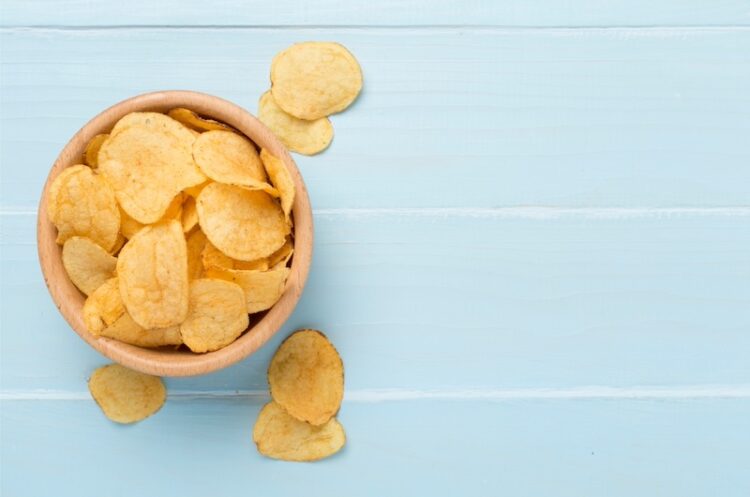
Most potato chips are fried in oils that contain trans fats, which can raise LDL cholesterol levels and increase the risk of heart disease. Additionally, the excessive sodium found in potato chips can contribute to high blood pressure and other cardiovascular issues. The artificial flavors and preservatives used in many brands add no nutritional value and may pose health risks with prolonged consumption.

Comments
Loading…